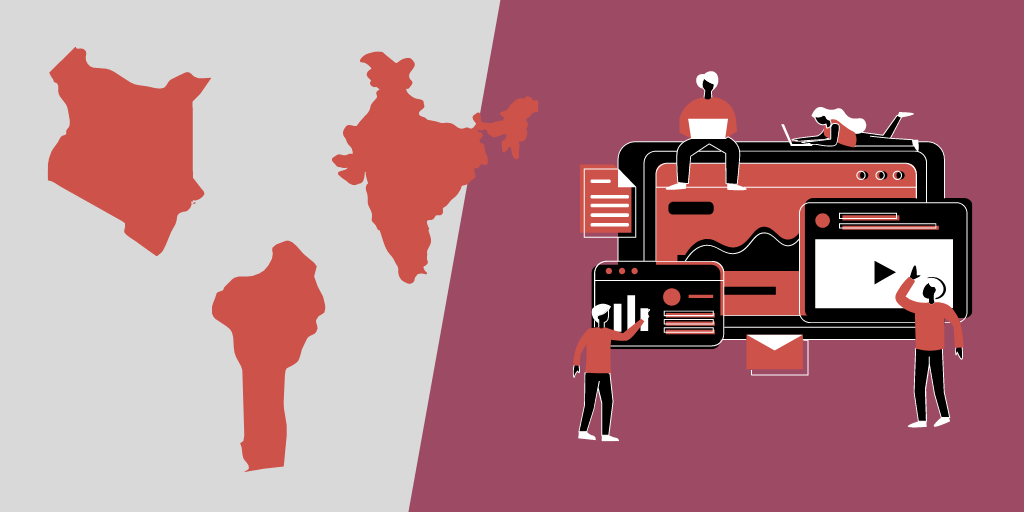
By Helen Collinson
We could all write books about how the pandemic has changed the way we work. As a contribution to this growing body of literature, I share some reflections on INTRAC’s evaluation of the Change the Game Academy (CtGA) training programme for Wilde Ganzen this year for which I was the Team Lead. It was conducted at the height of the pandemic when all three case-study countries (Benin, Kenya and India) were subject to COVID-19-related restrictions.
The CtGA aims to empower self-help groups (SHGs), CBOs and NGOs around the world through courses in Mobilising Support (i.e. lobbying and advocacy) and Local Fundraising. Wilde Ganzen which developed the CtGA with local partners is also a member of the Civic Engagement Alliance (CEA), funded by the Dutch Ministry of Foreign Affairs. Under the CEA, CtGA training has been delivered in eight countries. INTRAC’s recent evaluation focused on the delivery of Mobilising Support training through the CEA programme, between 2016 and 2020.
In Kenya and India, the plan had always been for our local researchers to rely primarily on online interviews with CtGA trainees and with the organisations that had delivered the training. In Benin, our Burkina Faso-based researcher, Nakelintouba W.A Nikiema, had intended to travel over the border to conduct face-to-face interviews. Inevitably this plan had to be abandoned, not least because Nikiema was stranded by lockdown and grounded flights in New York following a brief work assignment in the US. The silver lining was that his internet connection was better in New York than in Burkina Faso but the reliance on remote working was challenging. “If you pass by an NGO office in a country like Benin, the chances are you can persuade those working there to squeeze in half an hour to talk to you there and then”, Nikiema commented. Trying to schedule interviews on email or on the phone from a distance (and a time difference) with people he did not already know proved a different matter. Using a combination of phone interviews and email questionnaires, he eventually secured enough responses. He even managed to hold an online validation meeting with a small group of respondents. But in Benin, a face-to-face approach would have worked better.
From their homes in Delhi, our researchers Kaustuv Bandyopadhyay and Shashi Shikha at PRIA had to conduct phone interviews with women in Assam through a translator in Assamese. Yet the real challenge arose not from language but from major floods that hit Assam in June and prevented interviewees from charging their phones in local shops as they would normally do. In the end, all the phone interviews happened with only a two-week delay but the pandemic prevented the interviewees from gathering in one place for a validation meeting and the absence of smartphones in these communities ruled out a Zoom meeting.
In Kenya, the process went more smoothly, with all online bilateral interviews and a final validation meeting conducted ahead of time. Our researchers William Ogara and Beryl Okumu noted that interviewees were easier to pin down when most were working from home. However, poor phone signals and internet connections outside Nairobi proved a challenge. One interview was conducted with someone sitting under a tree in a lonely field – the only place she could find a signal. Our researchers also noted that the validation meeting was attended by those who could access Zoom – primarily Nairobi-based staff from larger NGOs. The way in which technology can often exclude the most marginalised voices may be the most important lesson from our work in this year of COVID-19.
Helen Collinson has worked in international development for thirty years, specialising in advocacy, policy research, and public campaigning. She has been an INTRAC Associate since 2008, training civil society in advocacy skills in Armenia, Laos, Liberia, South Sudan, and Northern Ireland, among others.